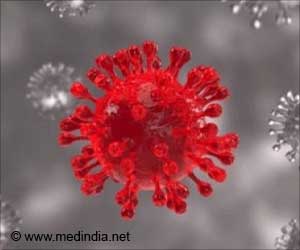that involves the precise placement of small electrodes and delivery of mild electrical pulses in the brain.
Adaptive DBS Therapy
As adjusting moment-to-moment changes in OCD symptoms is a limitation for DBS, the study team recorded the electrical signals in the human brain for the first time to formulate adaptive DBS.
“A DBS system that can adjust stimulation intensity in response to symptoms may provide more relief and fewer side effects for patients. But in order to enable that technology, we must first identify the biomarkers in the brain associated with OCD symptoms, and that is what we are working to do in this study,” says David Borton, an associate professor of biomedical engineering at Brown University, a biomedical engineer at the US Department of Veterans Affairs Center for Neurorestoration and Neurotechnology and a senior author of the new research.
The novel technique is thereby demonstrated as a promising way to validate potential biomarkers of OCD.
“In addition to advancing DBS therapy for cases of severe and treatment resistant OCD, this study has the potential for improving our understanding of the underlying neurocircuitry of the disorder. This deepened understanding may allow us to identify new anatomic targets for treatment that may be amenable to novel interventions that are less invasive than DBS,” says Dr. Wayne Goodman from Baylor College of Medicine.
Source: Medindia



